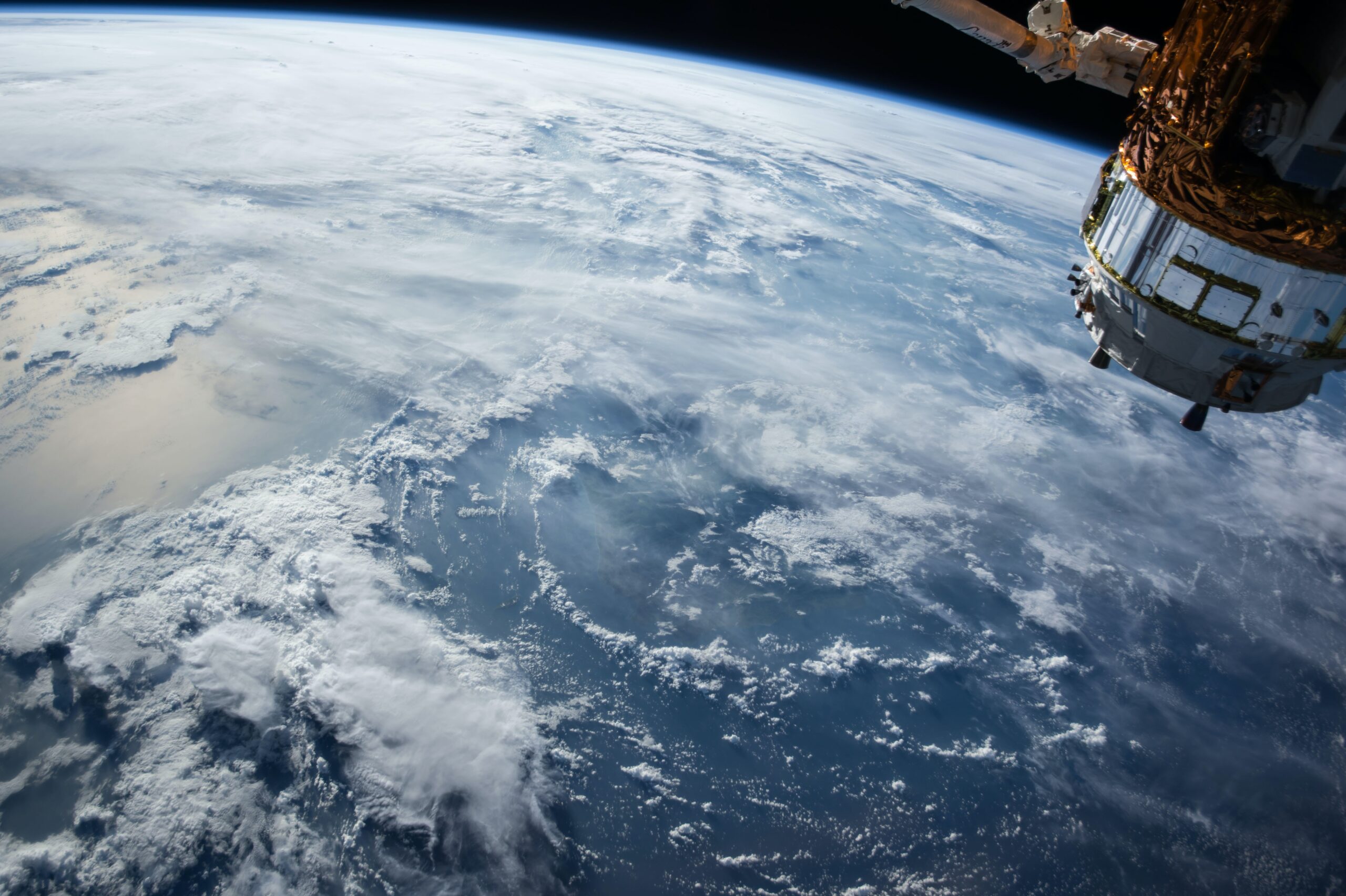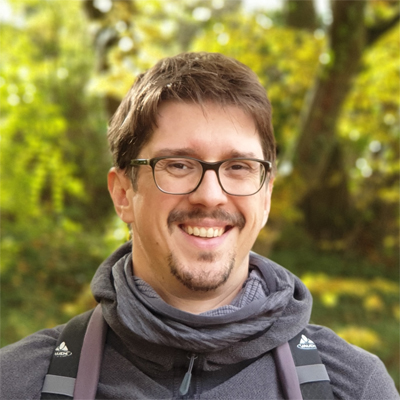Archaeology in space?
Two weeks ago, I was listening to a presentation of Prof. Justin Walsh (Chapman University) about his “International Space Station Archaeological Project”. Is it really true? Is this archaeology in space? Well, not quiet, but the presentation and the project were fantastic. Let’s start from the beginning…
What is the “International Space Station Archaeological Project”?
The project is the first large-scale space archaeology project. It is a joint venture led by Dr. Justin Walsh (Chapman University – Orange, CA, USA) and Dr. Alice Gorman (Flinders University-Adelaide, SA, AUS) together with an international team of scholars. It is the first archaeological study of a space habitat — in this case, the International Space Station (ISS).
We seek to understand evolving cultural, social, and material structures in the ISS’s unique context. Continuously occupied since 2 November 2000, this site is extraordinarily significant for the development of technology and science. It also serves as evidence for human adaptation to a completely new environment.
https://issarchaeology.org/about/
Is that Archaeology in space?

Well, to say it straight away: no they do not fly to space and dig up alien artefacts. It is rather a study on material culture on the ISS based on thousands of photos provided by NASA. The ISS is a very restricted space and therefore excellent to do an analysis of how this space was used. By comparing photos, the team is able to document changes in the decoration of the walls or how space is utilised. It provides them with valuable data to evaluate the ISS and provide usable solutions for future space stations.
Why archaeologists you ask? Well Dr. Walsh explained it pretty well, when he said that this is what we do. We analyse space and conclude how this space was used. We are also able to interpret what we see and as he explained in his talk, NASA was actually pretty interested in that, as they learned a thing or two by this study as well. The ISSAP was also able to work with the astronauts, who were willing to document certain spaces for a certain amount of time. He showed us the video with the exact moment, when Archaeology in space was performed for the very first time.
My conclusions
There was a comment from the audience, that this can’t be called Archaeology, as there is no digging involved and the work is not destructive. That might be true, but there are still archaeological methods involved. And what about Digital Archaeology? Isn’t that Archaeology as well? What about the documenting of cave paintings? I think what makes this so hard to accept is, that the material in discussion is not really old. But how do we define old and where is the line?
The ISS will probably end its operations in 2030, after which it will fall into the Pacific Ocean. Shouldn’t we document this human heritage the best way we can? It doesn’t seem as urgent as preserving thousand year old cave paintings, but the ISS will be part of human history soon enough and Archaeology is THE science to document it. We will not be able to excavate the ISS in thousand years, but we are able to do the best we can to preserve it now.







